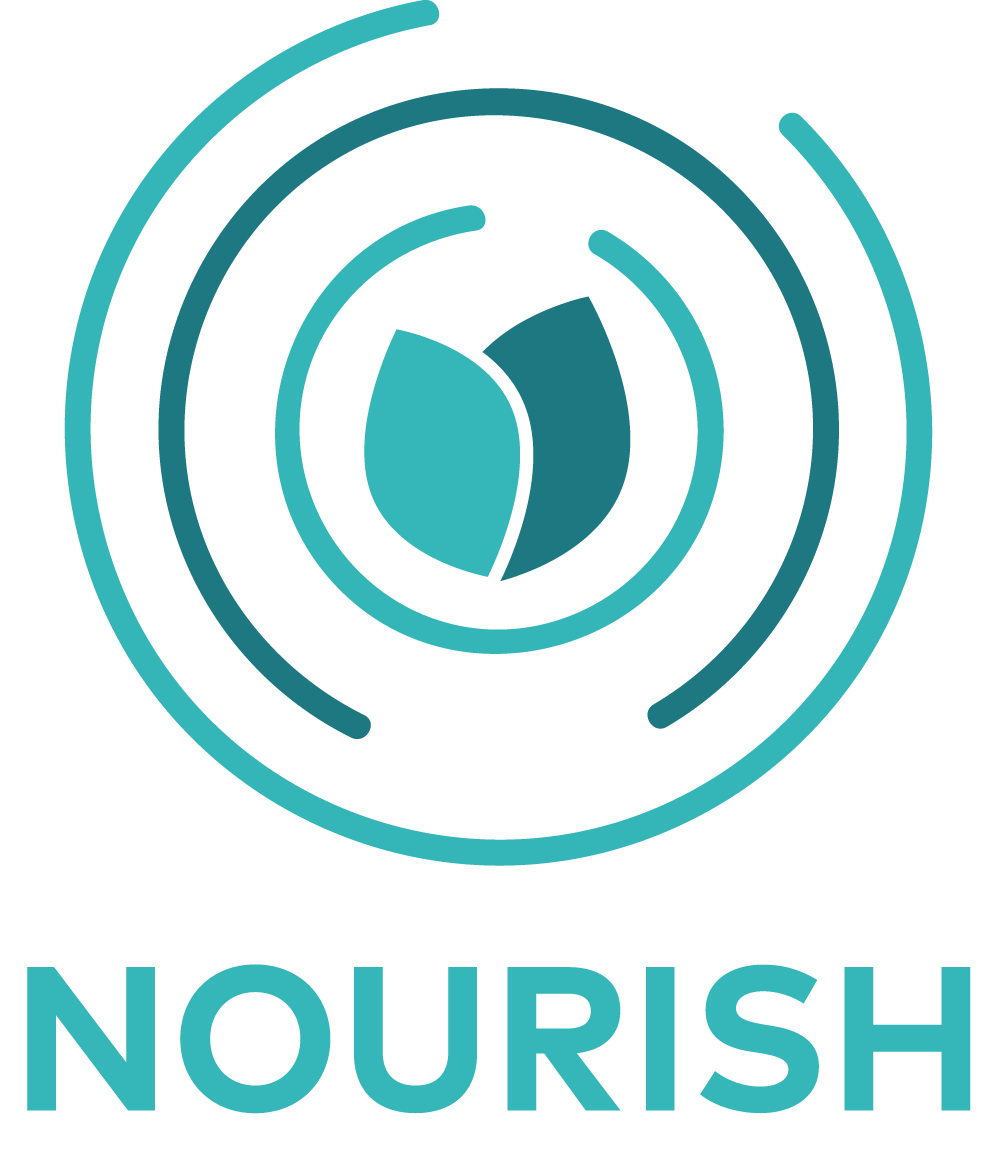Source: Kaylena Bray, Melissa K Nelson
Year: 2015
“At a time when food has become better known as a commodity rather than a life source, it is more pressing than ever to remember that food, in its deepest, truest essence, is a gift. It’s a gift that connects us to the land, plants, animals, and waters, that nourishes us, feeds our minds and our bodies, and guides us in our original roles as human members of our sacred ecosystems. As Indigenous peoples, we have a sacred responsibility to take care of our foods and of all the elements of life – soil, water, air, seeds, fire, prayers – that create it.”











